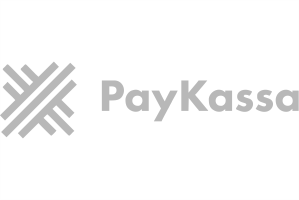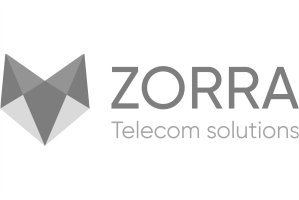| Name of service | Bronze | Silver | Gold |
|---|---|---|---|
 Company name verification and reservation in SSM (Suruhanjaya Syarikat Malaysia) Verifying the availability and reserving of your preferred company name in the registry
Company name verification and reservation in SSM (Suruhanjaya Syarikat Malaysia) Verifying the availability and reserving of your preferred company name in the registry
|

|

|

|
 Company registration including government fees Sdn BHD (LTD) Preparation and submission of all required documents and fees to the relevant government authorities for company registration, ensuring a streamlined process for our clients
Company registration including government fees Sdn BHD (LTD) Preparation and submission of all required documents and fees to the relevant government authorities for company registration, ensuring a streamlined process for our clients
|

|

|

|
 A set of statutory documents of the company in electronic form Preparation of a comprehensive package of incorporation documents for any form of company ownership in electronic form
A set of statutory documents of the company in electronic form Preparation of a comprehensive package of incorporation documents for any form of company ownership in electronic form
|

|

|

|
 Local secretary services for one (1) year Provision of a local secretary for your company. This means we provide you with a local contact person who will ensure communication between you and the authorities, banks or other parties in Malaysia. The contact person can help you with translations, receiving and forwarding official documents, representing your company and general administrative support. This gives you confidence and convenience in communicating and interacting with government agencies and institutions
Local secretary services for one (1) year Provision of a local secretary for your company. This means we provide you with a local contact person who will ensure communication between you and the authorities, banks or other parties in Malaysia. The contact person can help you with translations, receiving and forwarding official documents, representing your company and general administrative support. This gives you confidence and convenience in communicating and interacting with government agencies and institutions
|

|

|

|
 Company seal Production of the company seal
Company seal Production of the company seal
|

|

|

|
 Assistance in opening a corporate bank account in the payment system Collection, processing and filing of the documents required for opening a corporate account with a payment system, including consultation of appropriate jurisdiction
Assistance in opening a corporate bank account in the payment system Collection, processing and filing of the documents required for opening a corporate account with a payment system, including consultation of appropriate jurisdiction
|

|

|

|
 Selection of a physical office Assistance in selecting an office for opening a corporate account in a local bank
Selection of a physical office Assistance in selecting an office for opening a corporate account in a local bank
|

|

|

|
 Local shareholder for one (1) year Provision of a Malaysia resident shareholder
Local shareholder for one (1) year Provision of a Malaysia resident shareholder
|

|

|

|
 Local director for one (1) year Provision of a Malaysia resident director to open account with a local bank
Local director for one (1) year Provision of a Malaysia resident director to open account with a local bank
|

|

|

|
 Assistance in opening a corporate bank account in local bank: Mybank, CIMB, RHB Bank Collecting, processing and filing the necessary documents for opening a corporate account with a local bank
Assistance in opening a corporate bank account in local bank: Mybank, CIMB, RHB Bank Collecting, processing and filing the necessary documents for opening a corporate account with a local bank
|

|

|

|
 Free consultation We offer a free consultation where you can discuss your needs and questions regarding company registration and management. Our experts will be happy to help you understand the process and provide guidance based on your situation We are happy to answer your questions and help you make an informed decision about the services you need
Free consultation We offer a free consultation where you can discuss your needs and questions regarding company registration and management. Our experts will be happy to help you understand the process and provide guidance based on your situation We are happy to answer your questions and help you make an informed decision about the services you need
|

|

|

|
|
Total cost
|
3500 USD | 5400 USD | 17600 USD |
|
Provision of a legal address for 1 (one) year
|
1200 USD | 1200 USD | 1200 USD |
|
Remote company registration with transfer of authority
|
900 USD | 900 USD | 900 USD |
|
Accounting services
|
280 USD | 280 USD | 280 USD |





















